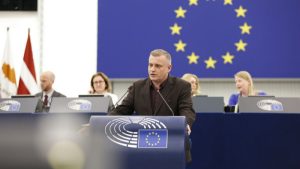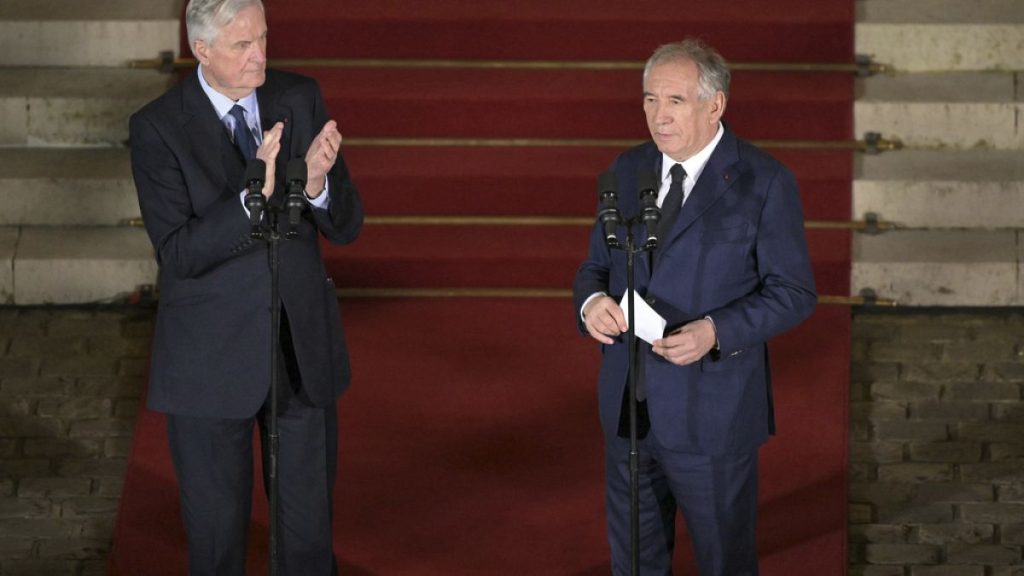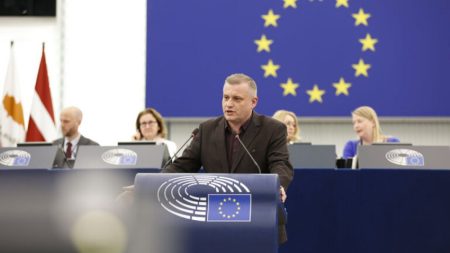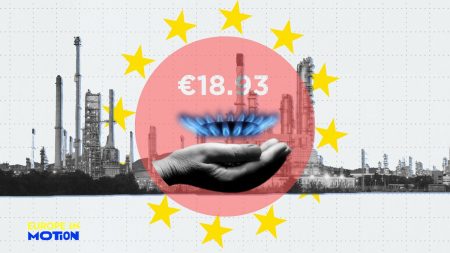François Bayrou, the 73-year-old mayor of Pau and leader of the centrist Democratic Movement (MoDem) party, has been appointed as France’s new Prime Minister by President Emmanuel Macron. This appointment comes after the National Assembly ousted the previous government led by Michel Barnier in a no-confidence vote. Bayrou faces the formidable challenge of navigating a deeply divided parliament to pass the 2025 budget, a task that proved insurmountable for his predecessor. Like Barnier, Bayrou lacks a parliamentary majority and must secure the support of other parties to avoid a similar fate. He acknowledges the arduous path ahead, emphasizing the need for negotiation and collaboration in this politically fractured landscape. Macron’s hope is that Bayrou can maintain his position at least until July, when new legislative elections become a possibility.
Bayrou’s selection is seen by many political analysts as a strategic move by Macron. His long political career, encompassing roles as an MEP, local mayor, and former minister, coupled with his reputation for pragmatism and relatively low levels of antagonism towards other political factions, makes him a potentially unifying figure. Compared to the more conservative Barnier, Bayrou is perceived as more amenable to the moderate left, increasing the chances of forging alliances across the political spectrum. Furthermore, the threat by MoDem MPs to withdraw their support from Macron’s coalition if Bayrou wasn’t chosen added pressure on the President, highlighting the political calculus behind the appointment. The loss of MoDem’s 36 seats would have further weakened Macron’s position.
The immediate task for Bayrou and Macron is the formation of a new cabinet. While not obligatory, a general policy speech by the Prime Minister to the National Assembly following the cabinet’s formation is a highly anticipated event that traditionally sets the tone for the new government. Bayrou’s approach will be crucial in this context. Experts suggest that he needs to project a collaborative and inclusive style, moving away from Macron’s perceived top-down governance, to address the President’s current unpopularity. Building consensus and fostering a sense of shared responsibility will be key to securing parliamentary support for his agenda.
Bayrou’s survival hinges on his ability to navigate the complex parliamentary dynamics. So far, only the hard-left France Unbowed party (LFI) has formally announced its intention to initiate a no-confidence vote. Other parties within the left-wing NFP coalition have adopted a more cautious stance, suggesting a willingness to cooperate if Bayrou refrains from using Article 49.3 of the Constitution, which allows the government to bypass parliamentary votes on legislation. Barnier’s use of this article to force through the budget triggered the no-confidence vote that led to his downfall. The far-right National Rally, which previously joined forces with the NFP to oust Barnier, has indicated it will not oppose Bayrou unless he crosses certain “red lines” on issues like immigration and pensions.
The most pressing issue facing the new Prime Minister is the passage of the 2025 budget. His initial priority is to secure a stopgap measure to extend the current year’s budget into 2025, allowing the government to continue collecting taxes while a new budget is negotiated. This bill is scheduled for review by the National Assembly on Monday. The subsequent task of passing the full 2025 budget presents a significantly greater challenge. France’s budget deficit currently stands at a concerning 6% of GDP, necessitating difficult decisions regarding tax increases and spending cuts. With parliamentary work suspended until mid-January, the budget battle is not expected to begin in earnest until the New Year.
Beyond the immediate budgetary concerns, the new government will also need to address the mounting discontent within the agricultural sector. Farmers have been staging protests for months over the recently concluded Mercosur trade deal between the EU and several South American countries. This agreement, perceived by many French farmers as a threat to their livelihoods, adds another layer of complexity to the challenges facing Bayrou’s government. Balancing fiscal responsibility with the concerns of various sectors, while navigating a fragmented parliament, will be a defining test of Bayrou’s political acumen and ability to forge consensus. His success will not only determine the fate of the 2025 budget but also significantly impact the stability and direction of the Macron presidency.














